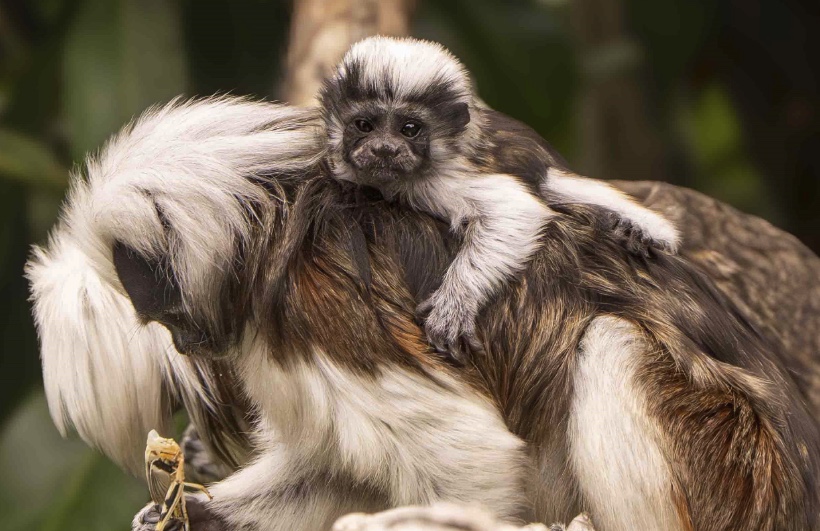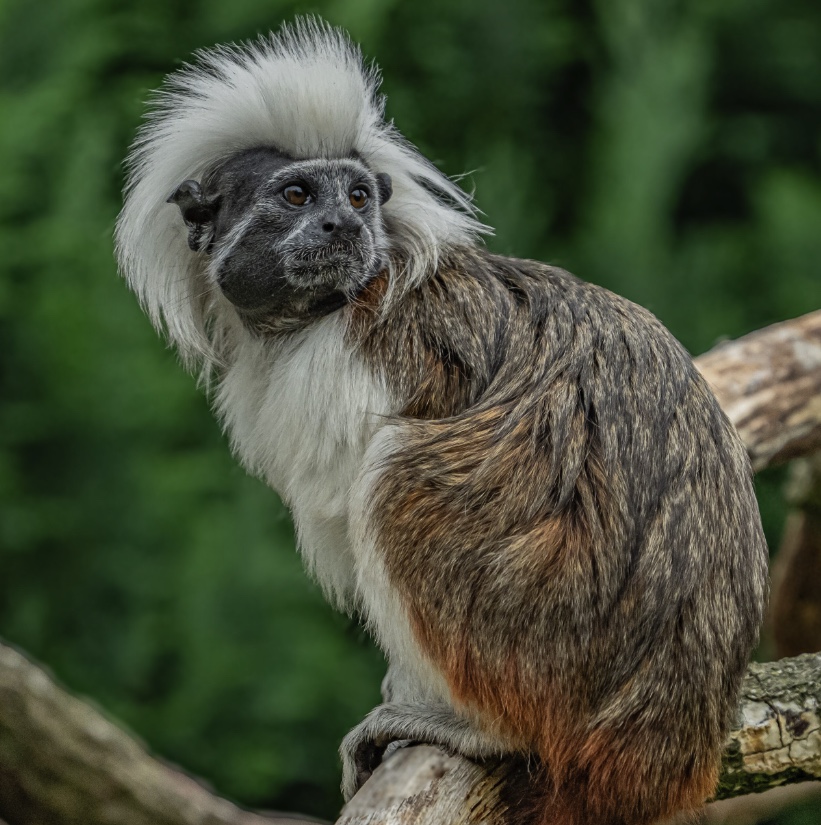Chester Zoo celebrates birth of endangered Tamarin twins

Chester Zoo has announced the birth of exceptionally rare twin cotton-top tamarins.
The tiny primates, born to parents Leo and Treat after a five-month pregnancy, weigh just 40g each and measure only 10cm from head to tail—about the size of a golf ball.
The twins’ arrival is particularly noteworthy given the critically endangered status of their species.
Native to a small region in northern Colombia, cotton-top tamarins have seen a devastating decline in their population due to habitat loss and illegal wildlife trade.
With only 5% of their original habitat remaining and an estimated 2,000 individuals left in the wild, these monkeys are among the rarest primates on Earth.

Mike Jordan, Chester Zoo’s Animal and Plant Director, expressed excitement over the birth, saying, “It’s wonderful to see two tiny babies clinging to mum Treat and dad Leo as they leap from tree to tree. When cotton-top tamarins are born, they look just like adults, except they’re even teenier—around the size of golf balls!”
He added that the zoo’s conservation breeding programme is playing an increasingly critical role in ensuring the survival of the species.
“This severe reduction in their population has meant that our conservation breeding programme, co-ordinated with other major international zoos, is providing an increasingly vital lifeline for the species, as we look to establish a thriving population for the future.”
Cotton-top tamarins are easily recognisable by their striking white fur, which resembles a fluffy cotton ball, and their sophisticated communication system.
These monkeys use a variety of facial expressions and more than 38 different vocalisations to interact, whether it’s defending their territory, calling their young, or warning of predators.
The zoo currently houses eight cotton-top tamarins, including the newly born twins, who can be seen inside the zoo’s mini-monkeys habitat. As the twins grow, they are expected to become more independent, exploring the treetops and playing a crucial role in the ongoing conservation efforts for their species.
Spotted something? Got a story? Email: [email protected]
Latest News
